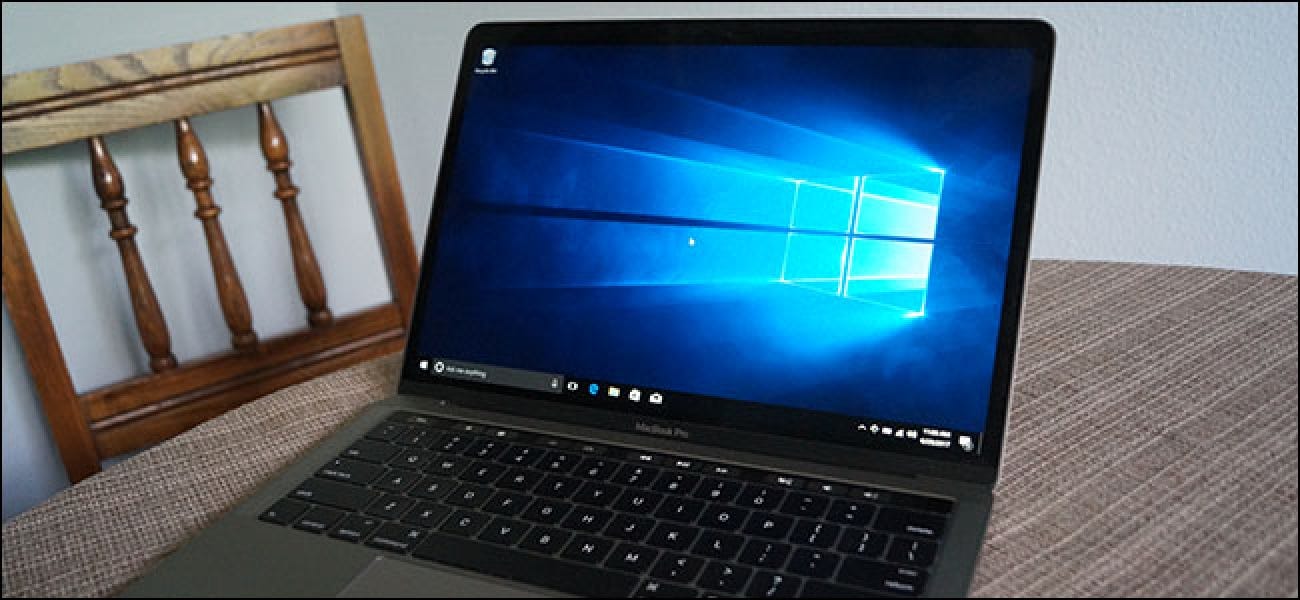
profile file in the user's home directory. One way to do this is to create or update a. The ANDROID_HOME system variable must be persisted when you leave and resstart a new Terminal Window. Persist the ANDROID_HOME system variable for the current user You should see the following result: add-ons extras patcher platforms system-imagesīuild-tools licenses platform-tools sources tools To check the ANDROID_HOME is correctly setup type the following commands: cd $ANDROID_HOME Open the Terminal app and type the following command: export ANDROID_HOME=/Users/HDO/Library/Android/sdk

Open the SDK Manager and make a copy of the Android SDK Location : On the right pane, select the SDK Platforms Tab and select the SDKs for API level 22 up to 24.Ĭlick the OK button to download and install these Android SDKs.Īfter accepting the licence you should see the following screen: Once installed, you get the Welcome to Android Studio window :Ĭlick on the Configure Button and select SDK Manager: On the Verify Settings window, click Finish. Select a Standard installation and click Next. The Android Studio Setup Wizard guides you though the rest of the setup, which includes downloading Android SDK components that are required for development.Select whether you want to import previous Android Studio settings, then click OK.Drag and drop Android Studio into the Applications folder, then launch Android Studio.To install Android Studio on your Mac, proceed as follows:

Latest current version for Android Studio is available at: The fastest way is to download and install Android Studio. at the command line.The purpose of this section is to guide you to install in your development environment all the dependencies for Android development. Now you can execute gradle assembleDebug etc. If a command-line Gradle build complains of licenses not being accepted, accept all licenses with this command: yes | sdkmanager -licenses Use Brew to Install Gradle and OpenJDK brew install gradle # includes OpenJDK Sdkmanager -install "platforms android-30" "ndk 529" sdkmanager -licenses sdkmanager -install "platform-tools" "build-tools 30.0.2" Here's a more recent set of essential packages to install. Mv ~/Downloads/cmdline-tools ~/Library/Android/sdk/cmdline-tools/latest sdkmanager -install This location is compatible with IntelliJ IDEA (confirmed) and Android Studio (unconfirmed): mkdir -p ~/Library/Android/sdk/cmdline-tools Move and rename the unzipped cmdline-tools to this different location.


 0 kommentar(er)
0 kommentar(er)
